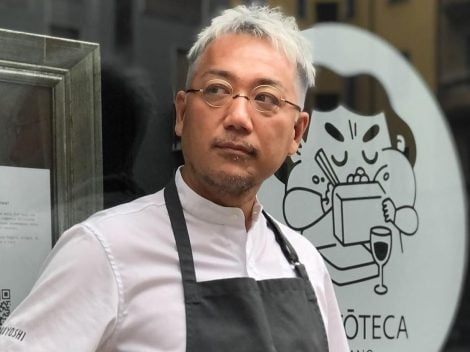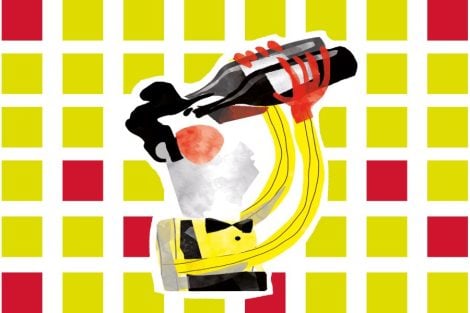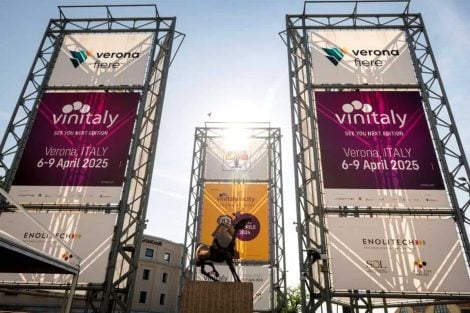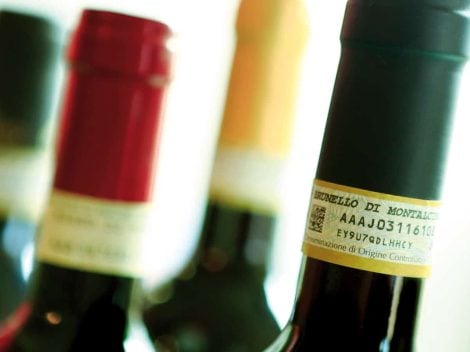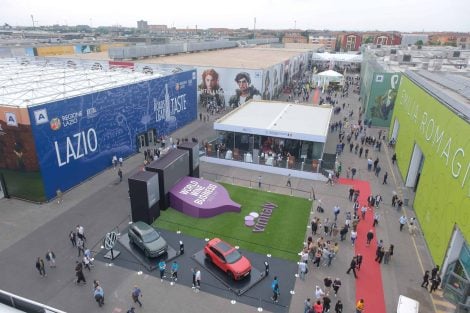In this sweltering August, the harvest in Menfi has been underway for three weeks. In the town of Agrigento, oenologists and agronomists have rushed back from their holidays because there was no time to wait. On July 18, the Settesoli cooperative winery – with over 6,000 hectares of vineyards and more than 2,000 members – began the harvest well in advance. Trucks are constantly arriving to unload grapes, but growers won’t leave until they know the value of their load, which is assessed based on Brix and acidity levels. The entire community has relied on viticulture for 50 years, and difficult years like these – with downy mildew last year and drought this year – are nerve-wracking. The stability of 5,000 families is at stake.
Battling drought and market stagnation
Giuseppe Bursi, president of Cantine Settesoli, which includes the Settesoli and Mandrarossa brands, is fully aware of this and has been working for seven years to ensure that the business also considers the social value of the companies (after all, we are talking about a cooperative). However, there is still much to be done to change the mindset of the members, who say they are a community but perhaps do not truly feel like one. "Let me give you an example," the president explains. "We have a winery nearby in Santa Margherita Belice that doesn’t always collect enough grapes to keep the presses running, so keeping it open is uneconomical. However, the local growers insist that it should operate every year, even though they could simply bring the grapes here to Menfi. It would save 3,000 euros a day."
President, you talk about the 'human factor.' What do you mean?
I’m talking about the challenge that agronomists and oenologists face in managing so many individualities and convincing them to follow a protocol. Take this early harvest, for example. When one person starts, everyone else wants to start too, but grape ripening times vary. It creates a kind of hysteria. This is why it’s important to take the time to communicate with each of them and make them understand that just bringing the grapes to the winery is not enough. We run a business, and our goal is to enhance the product while also reducing costs.
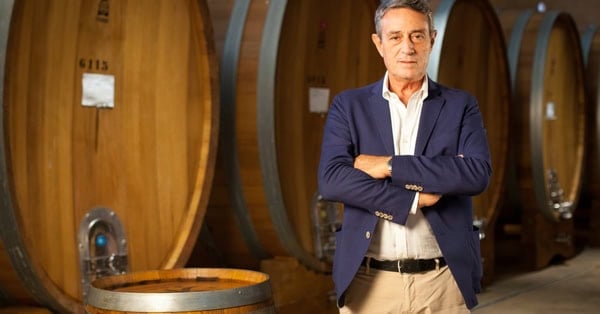
What is the context in which these issues are occurring?
Look, it’s objectively a difficult situation because I fully understand the problems that the members are facing. With such low yields, the price of grapes is around 50 cents per kilo on average: if you produce 100 quintals, you can still make it work, but if you produce half, it’s no longer worth it. Additionally, they also face rising costs for diesel, equipment, and water, which is not coming because the water consortium says there isn’t any, and the pumps are constantly breaking down. If this were happening in Romagna, there would be a revolution; here, it just turns into bar talk.
You mentioned the water issue and the drought problem. How is Menfi responding?
We’re fortunate here because the area has a lot of underground water, and there’s also careful agricultural management, thanks to the expertise associated with the cooperative and the farmers’ know-how. A little further away, between 10,000 and 15,000 hectares could be abandoned in the next three years, particularly in the Trapani area. Alternatively, some are turning to other crops, like olives, which are also increasing here.
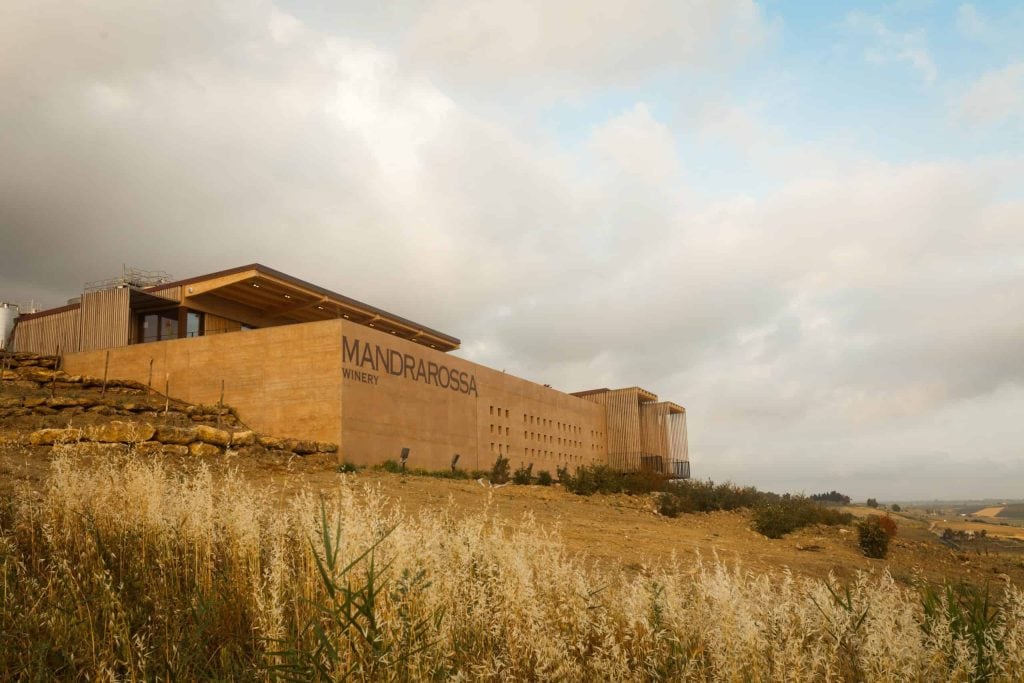
More water also means higher yields, which is a key issue for the company’s finances.
I’m in favour of increasing yields, even to 90-100 quintals per hectare, which is the norm. Our maximum is 84, the same as Brunello di Montalcino, but a bottle of Brunello sells for much more than a bottle of Catarratto. Last year, we didn’t even exceed 64 quintals. This way, you risk making a loss. We are structured to process 600,000 quintals a year; in 2023, we only processed 280,000. Sure, at full capacity, a significant portion of the wine would be sold in bulk, which would lower management costs. What’s the alternative? Doing what many others on the island did last year? Distilling? We held onto the grapes for a year and managed to sell them at a decent price, but it was a risk.
This is also why Mandrarossa was created in 1999, the Horeca brand of Cantine Settesoli, to engage with the restaurant sector and not just with large-scale distribution, as is the case with the Settesoli brand. How has it gone?
It’s been difficult to separate Mandrarossa from the negative perception, especially in the South, of cooperatives, which penalises the brand. People expect low-priced wines. We manage to offer good labels at competitive prices, but we also provide conditions that no one else in Sicily can offer: 36 different varieties, diverse soils, vineyards ranging from the sea to 500 meters in altitude, cutting-edge technology, and top-tier consultants like Alberto Antonini. The next step is to further improve the quality of these wines and forge partnerships with those who are stronger in the market.
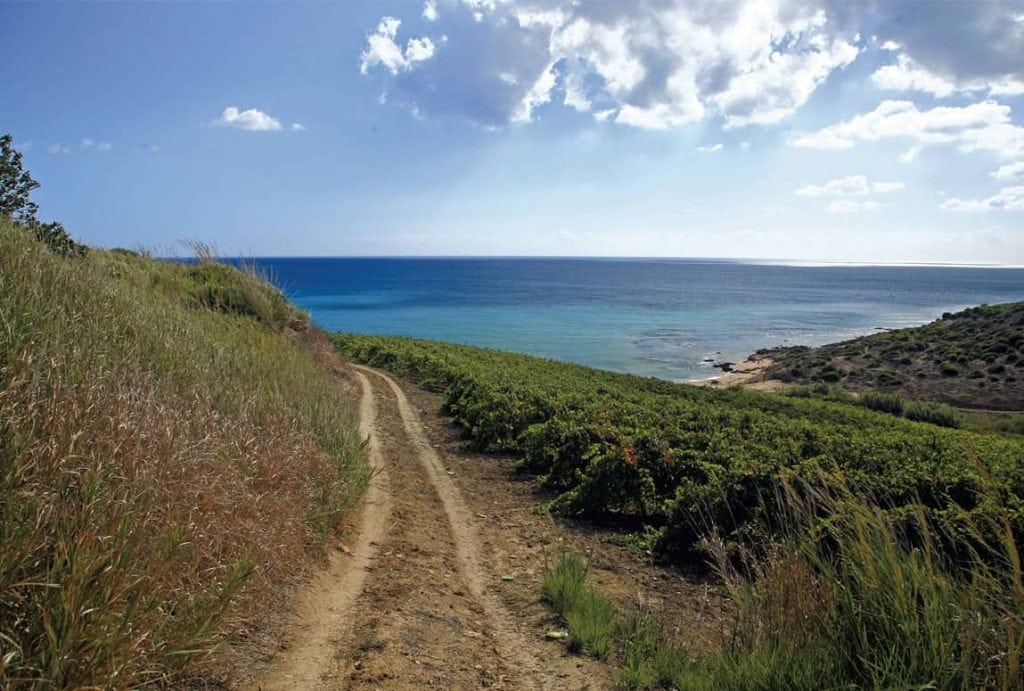
What strategies are you considering?
Regarding Mandrarossa wines, I’ve signed a so-called paritetico contract with the Madonna del Piraino cooperative in Salaparuta, which should lead to a merger by December. They bring 15,000 quintals of grapes to the table, mainly native varieties but also international ones. They also have interesting altitudes, up to 550/600 meters above sea level. This means we can focus on wines that have more freshness and elegance, and therefore can be sold at higher prices. From a commercial standpoint – and here we’re talking about Settesoli – I’m holding several meetings with international players to establish partnerships with those who already have a market. It no longer makes sense to spend a fortune on area managers who don’t deliver. Especially since the goal is to produce 4/5 million more bottles.

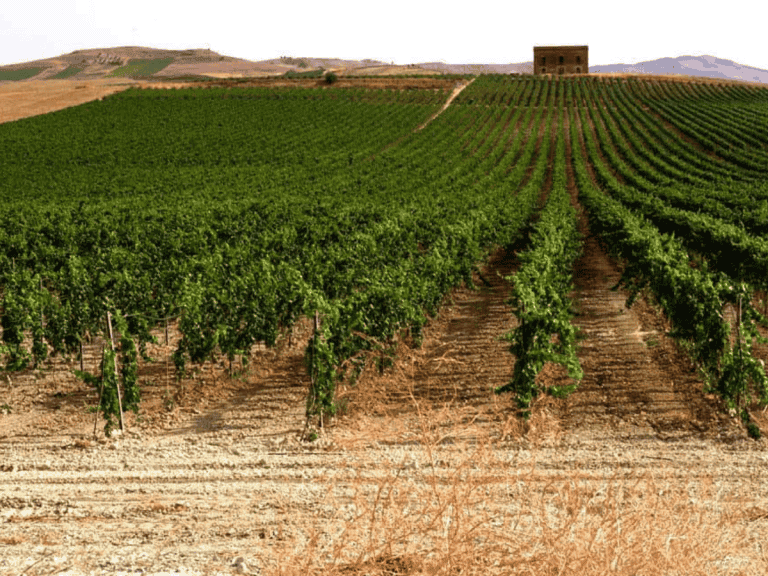
 Dealcoholised wines, everyone halt: production in Italy is blocked until 2026
Dealcoholised wines, everyone halt: production in Italy is blocked until 2026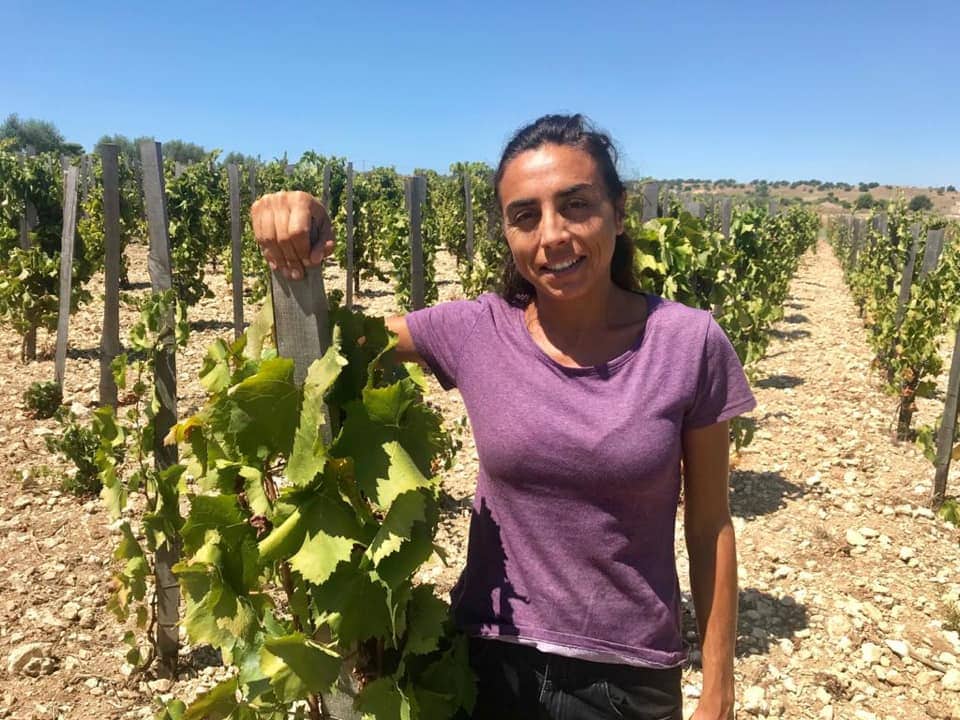 Arianna Occhipinti surprises everyone and returns to Verona: "There are too many natural wine fairs, and they’re too scattered"
Arianna Occhipinti surprises everyone and returns to Verona: "There are too many natural wine fairs, and they’re too scattered"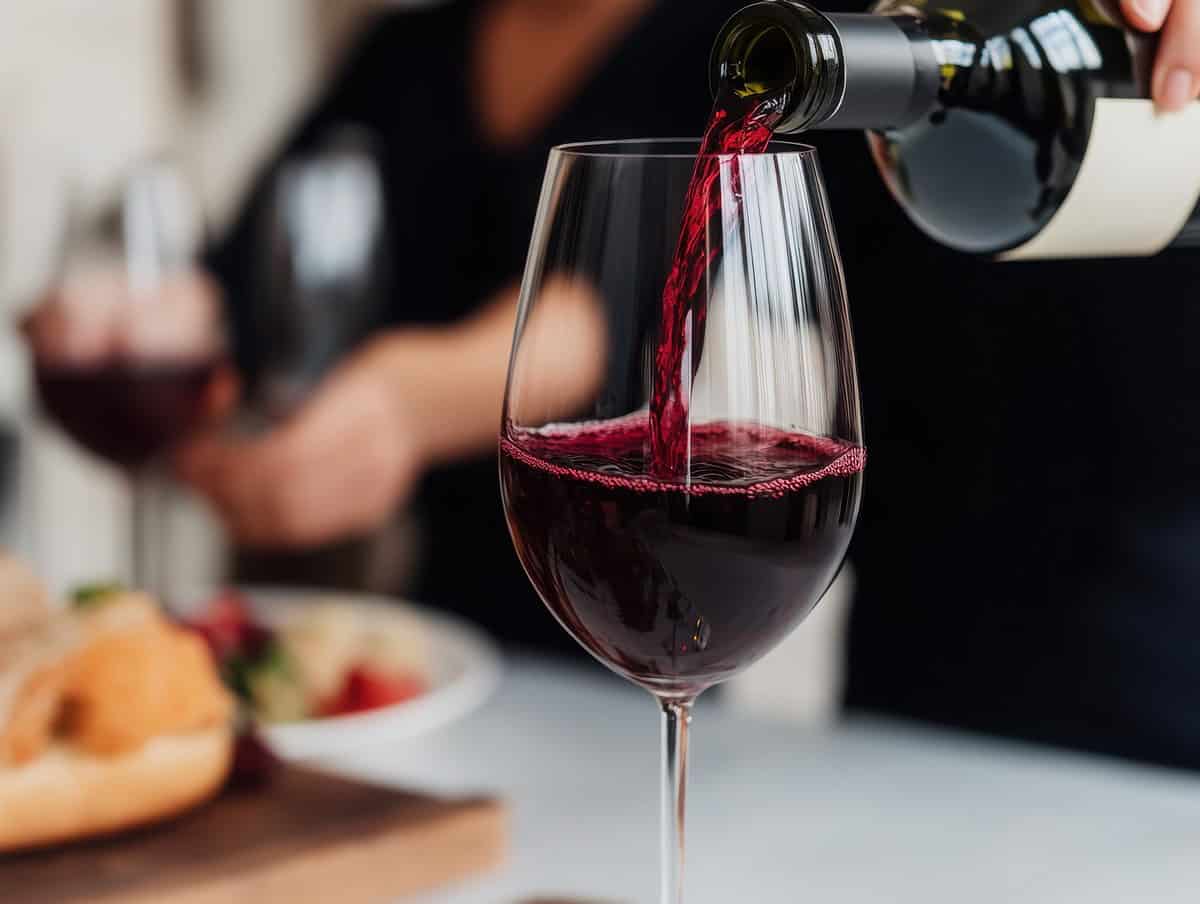 “Wine tariffs? Chaos inevitable. Producing it is increasingly expensive.” The Censis-Confcooperative study
“Wine tariffs? Chaos inevitable. Producing it is increasingly expensive.” The Censis-Confcooperative study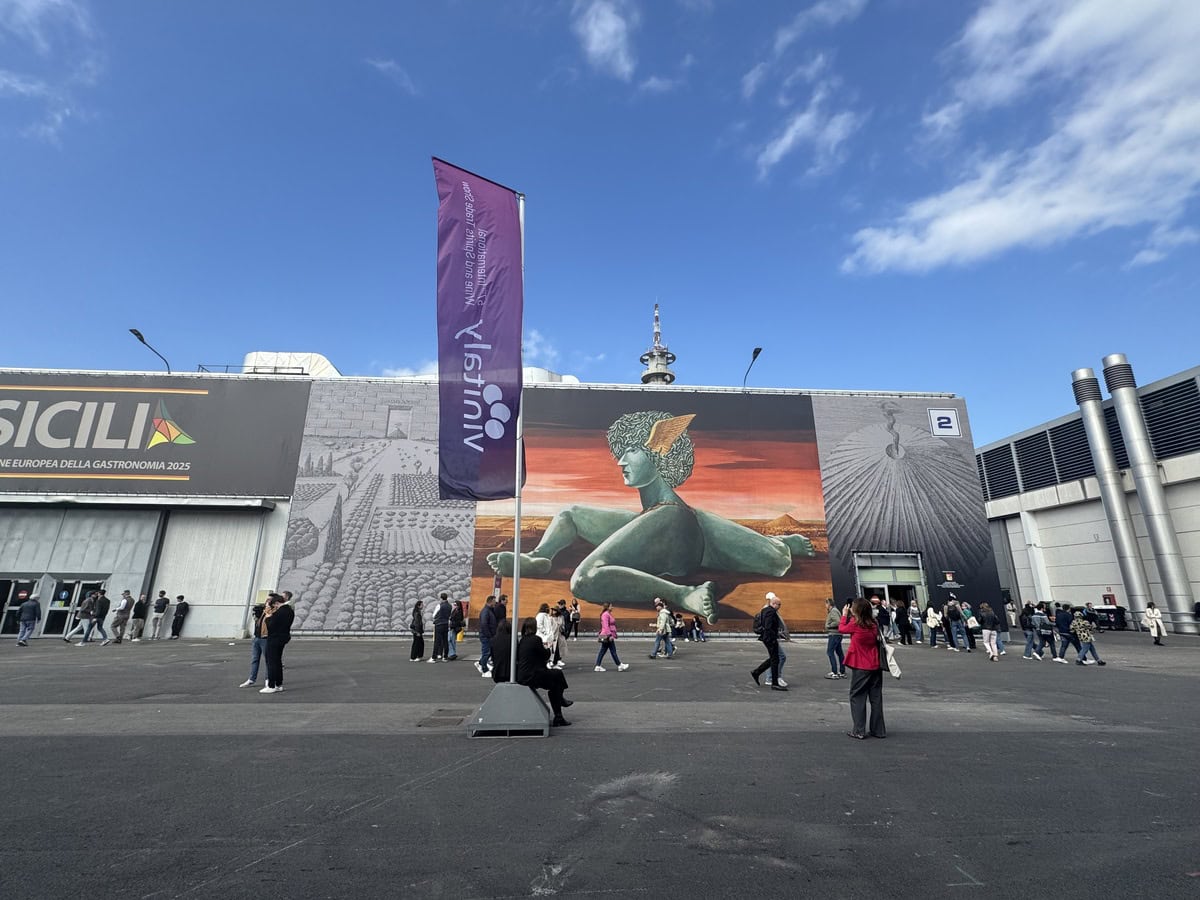 Lost inside Vinitaly? Here are five tastings to try, according to Gambero Rosso
Lost inside Vinitaly? Here are five tastings to try, according to Gambero Rosso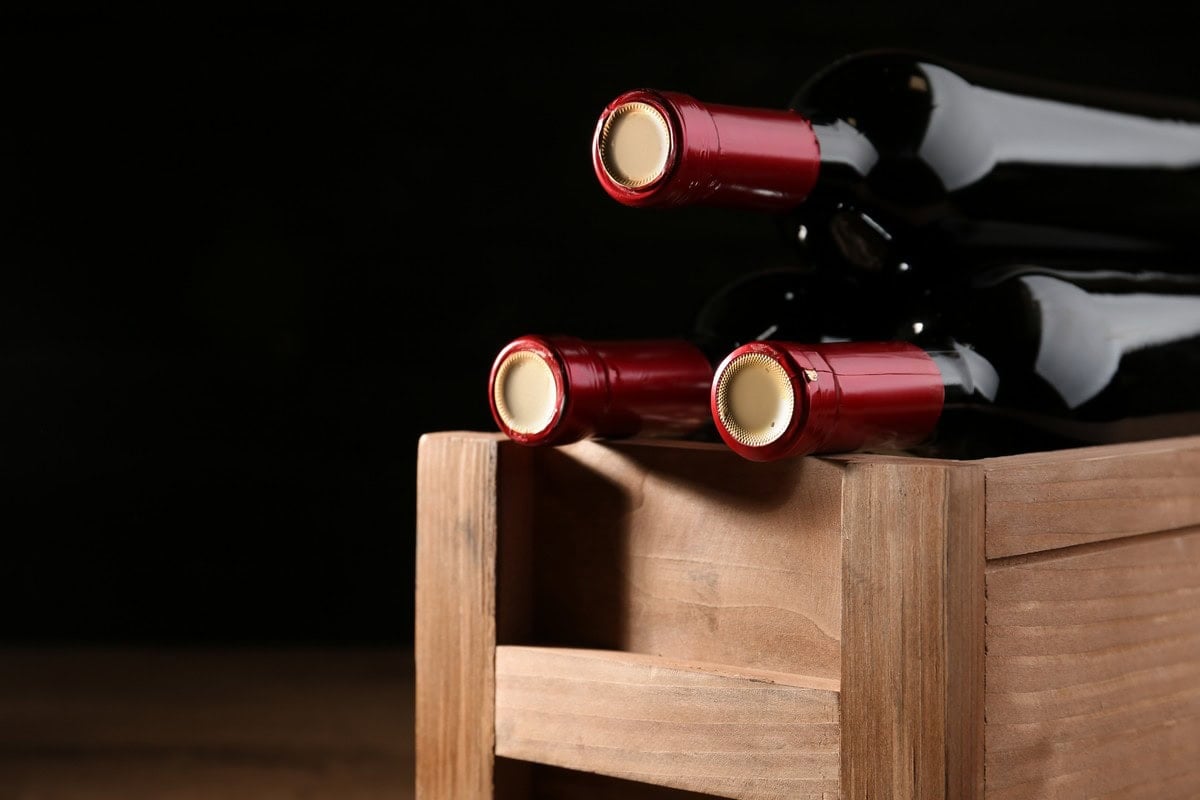 The US market accounts for 24% of global exports of Italian wine. Federvini: “We cannot risk being pushed out”
The US market accounts for 24% of global exports of Italian wine. Federvini: “We cannot risk being pushed out”